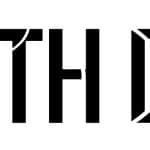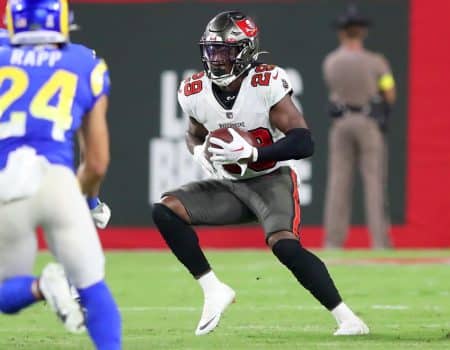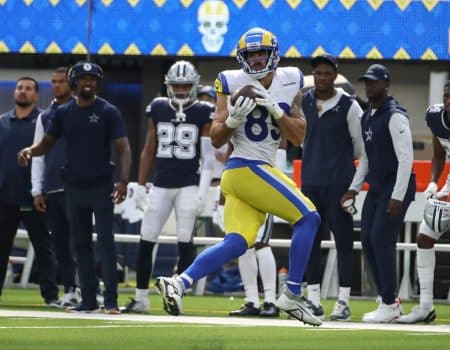This team-based fantasy analysis, focusing on the Atlanta Falcons, aims to identify players who are primed for opportunities in the top-scoring offenses around the league. It also serves as an assessment of each offense and its prospects heading into next season. The stats used for this research are based on a half-PPR scoring format. Redraft rankings are listed for each player in parentheses (not that I like using parentheses).
Atlanta Falcons: No. 7 fantasy offense in 2018 (4th in passing, 28th in rushing)
The Falcons have been chasing their 2016 offense ever since Kyle Shanahan left for San Francisco. The problem is that no one is Shanahan (Steve Sarkisian certainly wasn’t). Sarkisian was fired despite presiding over the fourth-best passing game in the league. When you have Matt Ryan and Julio Jones, that level of production is simply expected. The Falcons replaced him with a retread in Dirk Koetter, who coached Atlanta to the sixth-most fantasy points from 2012-14.
Koetter is a great fit for this offense because his Bucs offense closely resembles the 2018 Falcons. Both teams were forced to air the ball out with regularity to keep up with all the points their defenses were giving up. This is a recipe for fantasy success and the Falcons have all the talent necessary for running a devastating passing offense.

It all starts with Julio Jones, who has the most receiving yards/game of all time. There’s a strong case to be named that Jones is the best receiver in the game right now, coming off a season in which he led the league in receiving for the second time. Jones is also the rare receiver who prioritizes team success over his own stat-line. This is evidenced by his red zone usage, where he saw only 17 targets last year (19th-most in the league). His deferential attitude is great for team chemistry, but it can frustrate fantasy owners who are unsatisfied with 1,600-yard seasons. However, Jones (WR3) is an unstoppable force everywhere on the field, and it’s impossible to go wrong having him on your fantasy team.
The man throwing him the ball is Matt Ryan, who’s had an uneven stat-line amid all the coaching turnover in Atlanta. He was the QB19 and QB15 in his first year in new offenses. In his second year under Shanahan and Sarkisian, he was the QB2 both times. He’s now returning to Koetter’s offense, where he had the most consistent success in his career. Koetter has repeatedly shown his willingness to abandon the run and push the ball downfield, which makes Ryan (QB5) a valuable fantasy option.
Calvin Ridley flashed enormous potential last year, tallying 277 yards and 6 TDs over a three-game span. He was the hottest waiver add in the league after week 3, but his production sputtered down the stretch. Ridley finished as the WR41 from week 5 through the fantasy championship, leaving many fantasy owners disappointed. I would still consider Ridley’s rookie season a success because he showed the talent that made him a first-round pick. Consistency is hard to come by for rookie receivers, especially ones in a crowded receiver room. Ridley (WR29) is well-suited to play second-fiddle to Jones, but he also has to contend for targets with Mohamed Sanu.
Sanu continues to be an underrated presence as the slot receiver in the Falcons offense. He had only one 100-yard game and scored 4 total TDs last season, but still finished as the WR32. Sanu (WR60) can be a decent flex option again next year, but it’s best to chase upside late in the draft. He isn’t a potential league-winner, but he’s always liable to throw a nice passing touchdown.
Rounding out the receiving options in the Falcons offense is TE Austin Hooper. Hooper has increased his role in the offense each season, reaching 71 catches last year (4th among TEs). No one will claim Hooper (TE12) is one of the league’s elite tight ends, but his role in the pass-happy Falcons offense gives him fantasy relevance. He could be a nice value at the end of the draft if you miss out on the top players at the position.
The Falcons also invested heavily in their offensive line in the draft, going guard and tackle with their first-round picks. If Lindstrom and McGary can contribute right away, Atlanta will dominate the line of scrimmage next year.
As for the running game, the Falcons sorely missed Devonta Freeman last year. The star RB played all of 67 snaps while dealing with knee, groin, and foot injuries. Sports hernia surgery ultimately ended his season in week 5, leading Atlanta to finish as the fifth-worst fantasy rushing attack in the league. That could drastically change, however, with Freeman’s return to the lineup. It’s easy to forget he was the RB3 from 2015-17, which earned him a contract worth $22 million guaranteed. The Falcons are tied to Freeman for the next two years and they’ve put their faith in him to be a workhorse again. Tevin Coleman was allowed to walk in free agency and only Ito Smith (RB53) remains to spell him.
The only concern for Freeman and his fantasy value is the return of Koetter, whose running backs have scored the fifth-fewest fantasy points since his first stint in Atlanta (they would be last if not for one monster Doug Martin season). In fact, Freeman barely saw the field as a rookie under Koetter and exploded as the RB1 the following season. There are plenty of positive signs suggesting Freeman (RB19) could regain his past production, but the concerns about the identity of the offense cause him to fall as a low-end RB2.






No Comment! Be the first one.